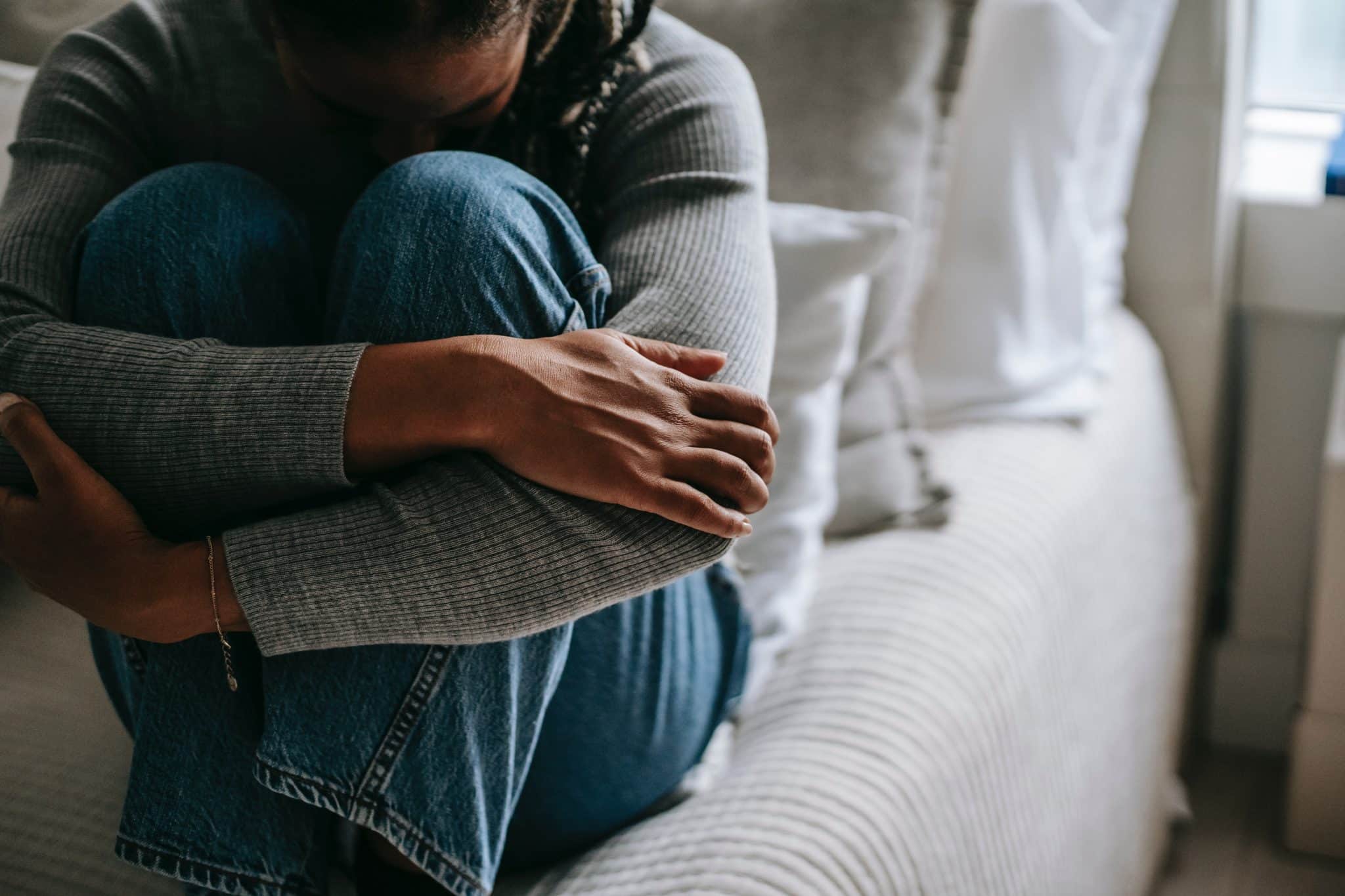
Myths About Anxiety You Shouldn’t Believe
Despite increasing societal awareness of anxiety disorders, they are still poorly understood by many. Many prevalent myths about anxiety include its causes, treatments, and why people experience this uncomfortable mental health disorder.
Anxiety disorders are incredibly common. They affect 40 million American adults a year, and thirty percent of all adults suffer from anxiety at some point.
What is Anxiety?
Anxiety is intense, excessive dread, persistent worry, and fear about everyday situations. It can cause tension, restlessness, a rapid heartbeat, and sweating. Anxiety isn’t always bad. It can help you make a decision or enhance your ability to stay alert, focused, and act. But if it’s constant, overwhelming, or interferes with your daily life, it is time to seek professional help.
The most common types of anxiety include:
- Generalized anxiety disorder – Excessive worry about everyday issues and situations.
- Panic disorder – Sudden, repeated periods of intense fear when there is no danger.
- Phobias – Intense fear of things that pose little or no threat, such as being in small spaces or social situations.
Myths About Anxiety (That You Shouldn’t Believe)
Now, let’s clarify some common misconceptions and myths about anxiety you may have encountered. We can better understand and address this mental health issue by shedding light on these untruths.
#1 Anxiety is Not a Real Illness
Although anxiety cannot be diagnosed through a blood test and may not show outward symptoms, it is a genuine and occasionally debilitating illness. It is common to feel stressed and worried about some life situations. But people with anxiety can’t control their worrying. It is much more profound than everyday stress and can interfere with their ability to function. Like most illnesses, anxiety can be diagnosed and is characterized by occurring most days for at least six months.
#2 Anxiety is Treatable by Living a Healthy Lifestyle
While eating healthy, getting enough sleep, cutting down on caffeine, meditating, and regular exercise may improve anxiety symptoms, it won’t cure an anxiety disorder. If you have anxiety, contact a professional to help you confront the causes. They might recommend treatment, including talk therapy, medication, or a combination.
#3 You Can Cure Anxiety by Avoiding the Situations That Cause It
Avoiding and withdrawing from situations that cause you anxiety might eventually make it more pronounced and prevent you from doing things you want. In fact, exposure therapy is a core element of cognitive behavioral therapy (CBT) for anxiety. In this treatment, you are exposed to a worry-provoking thing or situation in a safe environment to increase your comfort level.
#4 Anxiety Medications are Addictive
Not everyone needs medication for anxiety, but serotonin reuptake inhibitors and serotonin-norepinephrine reuptake inhibitors are the most common for those who do. Neither of these is addictive, but if your body becomes used to taking them, you may experience discomfort when you stop using them. Physicians also prescribe benzodiazepines for moderate to severe anxiety or panic attacks for short-term use, which can cause addiction if taken long-term.
#5 Anxiety Goes Away Without Treatment
Anxiety often worsens without treatment. Individuals who ignore their problems are more likely to self-medicate with drugs or alcohol. It’s vital to prioritize mental health; seeking professional help is the best way to treat anxiety.
Most treatment plans include talk therapy, including strategies such as CBT. CBT can help you better understand why you feel anxious and gives you skills to face the things that cause you stress so you can adjust your response.
#6 Anxiety is Just a Personality Trait
While people who are naturally neurotic or perfectionistic may be more likely to suffer from anxiety, having these personality traits doesn’t mean you have an anxiety disorder.
Key Takeaways
You don’t have to suffer in silence with an anxiety disorder. It is highly treatable! Most patients can reduce or eliminate their symptoms with a few months of therapy or a combination of therapy and medication. If you want to find a doctor in San Diego to help treat your anxiety, visit our doctor directory! We offer patients access to over 850 doctors in a wide range of medical specialties. For more wellness tips, read our online resources.

Join our Senior Wellness Society for the latest news on Medicare and tips for healthy living in San Diego!
Sign up now ›Are you looking for specialized medical care in San Diego?
Our directory has more than 850 doctors in San Diego County of various specialties who are available to help you.
Find a doctor